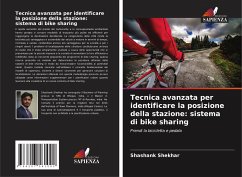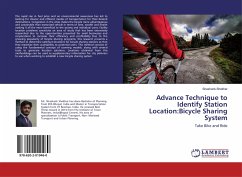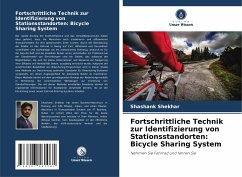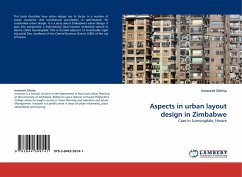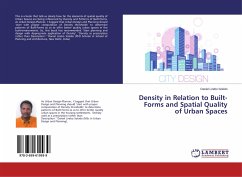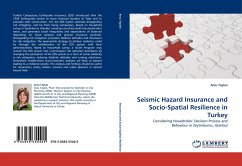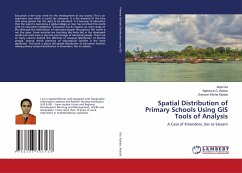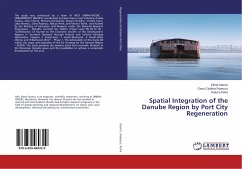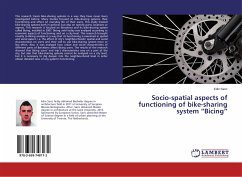
Socio-spatial aspects of functioning of bike-sharing system "Bicing"
Versandkostenfrei!
Versandfertig in 6-10 Tagen
27,99 €
inkl. MwSt.

PAYBACK Punkte
14 °P sammeln!
This research treats bike-sharing systems in a way they have never been investigated before. Many studies focused on bike-sharing systems, their functioning and effect on everyday life of their users. This study treated bike-sharing systems both in general, but also on specific parts, locations or aspects. This research is focused on Barcelona and its bike-sharing system called Bicing, installed in 2007. Bicing until today was analysed according to economic aspects of functioning and on a city level. This research brought novelty to Bicing analysis in a way that its functioning is examined in ...
This research treats bike-sharing systems in a way they have never been investigated before. Many studies focused on bike-sharing systems, their functioning and effect on everyday life of their users. This study treated bike-sharing systems both in general, but also on specific parts, locations or aspects. This research is focused on Barcelona and its bike-sharing system called Bicing, installed in 2007. Bicing until today was analysed according to economic aspects of functioning and on a city level. This research brought novelty to Bicing analysis in a way that its functioning is examined in spatial and social aspect, i.e. the effect of city's neighbourhoods' spatial and social characteristics on users and their will to use bike-sharing system more or less often. Also, it was analysed how urban and social characteristics of different parts of Barcelona affect Bicing users. The results of the research showed that Bicing users' and trip's characteristics vary on a part of the city, but also that bike-sharing systems cannot be analysed on a city level, but it is necessary to dig deeper into the neighbourhood level in order obtain detailed view of any system's functioning.



